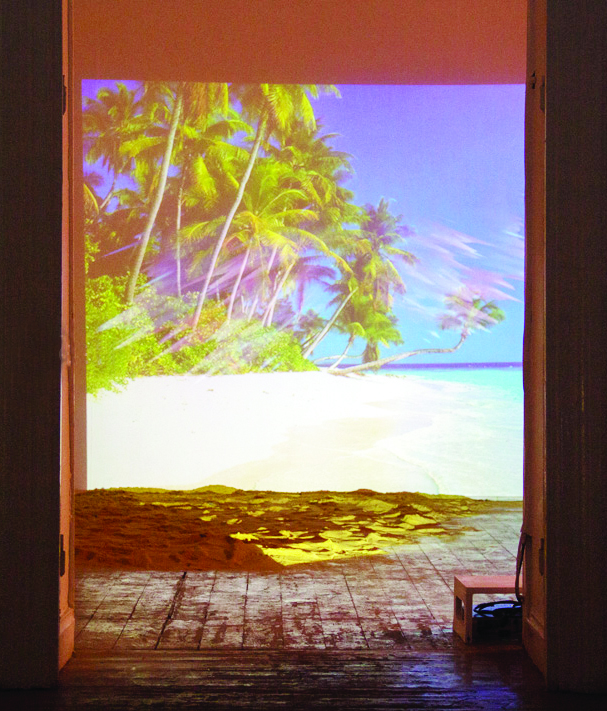Iranian dissident Mohammad Rasoulof won the Cannes prize for best director in the Un Certain Regard section Saturday but could not attend because of "Kafkaesque" authorities at home.
Rasoulof’s wife received the prize for "Be Omid e Didar" (Goodbye) on his behalf after mounting speculation about whether the director, who is appealing a lengthy jail sentence for making films, would be allowed to leave Iran.
"I thank the crew and those who helped this film get here, the festival and the jury," said Mrs Rasoulof, wearing a grey silk coat and with a loose headscarf over her hair.
The jury headed by Serbian director Emir Kusturica gave the award for the film which, ironically, tells the story of a young Tehran lawyer trying to get a visa to leave Iran.
A court in December sentenced Rasoulof, along with fellow director Jafar Panahi, to six years in jail and barred him from making films for 20 years. The two were released on bail pending an appeal but banned from travel abroad.
Rasoulof’s lawyer Iman Mirza-Zadeh said earlier this week that he received official confirmation that the ban on him leaving Iran had been lifted.
Cannes organizers have said it was made in "semi-clandestine conditions," but his lawyer said Rasoulof, 37, had received official permission to make the feature.
But the film’s French distributor, James Velaise, told AFP on Friday that Rasoulof was going through a Kafkaesque nightmare in Tehran and would not be in Cannes.
"Things are too Kafkaesque in Iran," Velaise said. "Just because some people say you can go that doesn’t mean you can. The left hand doesn’t know what the right hand is doing."
"Everyone would have loved him to turn up even at the last minute but we know it’s not going to happen."
Iran has accused the Cannes film festival of being political for screening movies by Iranians who back the Islamic republic’s opposition movement, including Panahi, on whose travel ban Mirza-Zadeh had no news.
The Islamic regime has convicted Panahi of "propaganda against the system" for making a film about unrest after the disputed re-election of President Mahmoud Ahmadinejad in June 2009.



